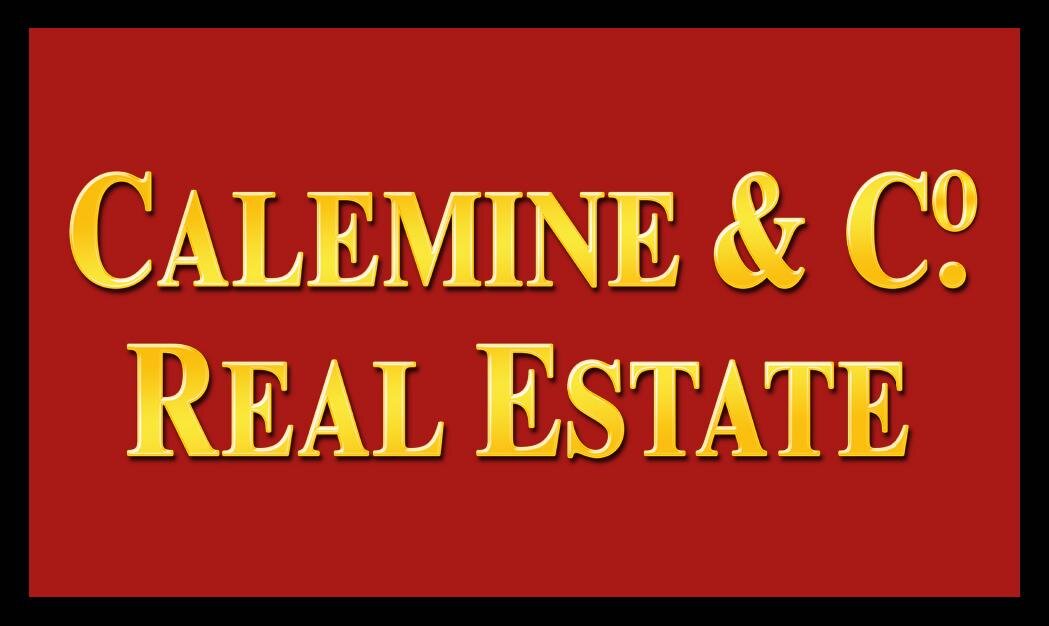What is an Offer?
AM 570 Podcast
Column from The Wave
Last week I wrote about the common myths and misconceptions held, and perpetuated, by sellers of real estate. Today I'll dive into one of the biggest misconceptions of them all: Offers. First and foremost, an offer should always be in writing on a signed "Offer Sheet" with its terms clearly stated. There's also some mandatory state disclosures that need to be signed as well. In addition, the buyer also needs to provide a pre-approval letter and/or proof of funds. Nothing contained within the Offering Package is contractually binding on either side. It functions as a clear and concise outline of the deal being proposed by the purchaser to the seller, so that there's no confusion or misunderstanding moving forward.
Your agent telling you a price that someone gave them via text or over the phone is not "an offer". Your neighbor telling you that they'll pay you a particular price for your house is also not "an offer". A family member telling you to let them know the best price that you've gotten so that they can beat it, is not "an offer" either. Essentially, people yelling numbers at you in passing are not real offers. For the record, I almost always mandate that a property be viewed, in person, inside and out, by a prospective buyer before we even send them an Offering Package.
Many times I speak with sellers whose house was unsuccessfully listed prior to meeting with me. Whether it was listed with another agent or as a FSBO, they'll often tell me about their previous "offers" as if those were legitimate, clear indicators of their property's current market value. First thing I usually ask sellers in these instances is if those offers were actually presented to them in writing. If the answer is yes, next I'll ask if anyone called the respective bank or lending institution to qualify the offer. At that point the seller is usually blankly staring at me with a look of uncertainty. Next I'll ask how much the buyer was intending to put down, what type of loan they were using (conventional, FHA, VA, etc.) or whether or not the buyer was an investor or end user. Rarely, if ever, can the homeowner answer these important questions; All they know is the amount they were "offered".
I personally qualify each and every offer we receive prior to presenting it to my client. In qualifying offers, I call the issuing banker (or loan officer) to check first if the document is legitimate, and then inquire about what documentation was provided by the borrower prior to its issuance (income tax, credit check, pay stubs, etc.). An "offer" is only official, according to my standards, when it's in writing and has been fully qualified. Only then will I present it to my client, along with my opinions and commentary, for their review. That's what I consider a bona fide offer. That's also just one way to ensure that my deals will actually close and not fall apart at some point along the way. This necessary due diligence is essential to achieve a high Success Rate and should be expected by sellers and practiced by all.
The term "offer" shouldn't be thrown around lightly; Conversely, it shouldn't be given more credit than it deserves either. Even when it's legitimate and qualified, until it actually closes, an offer is just an arbitrary number. It's not at all a true indicator of value. It shouldn't be bragged about or banked upon when selling. Who knows, it may even turn out to be lower than the actual true market value of your house!

